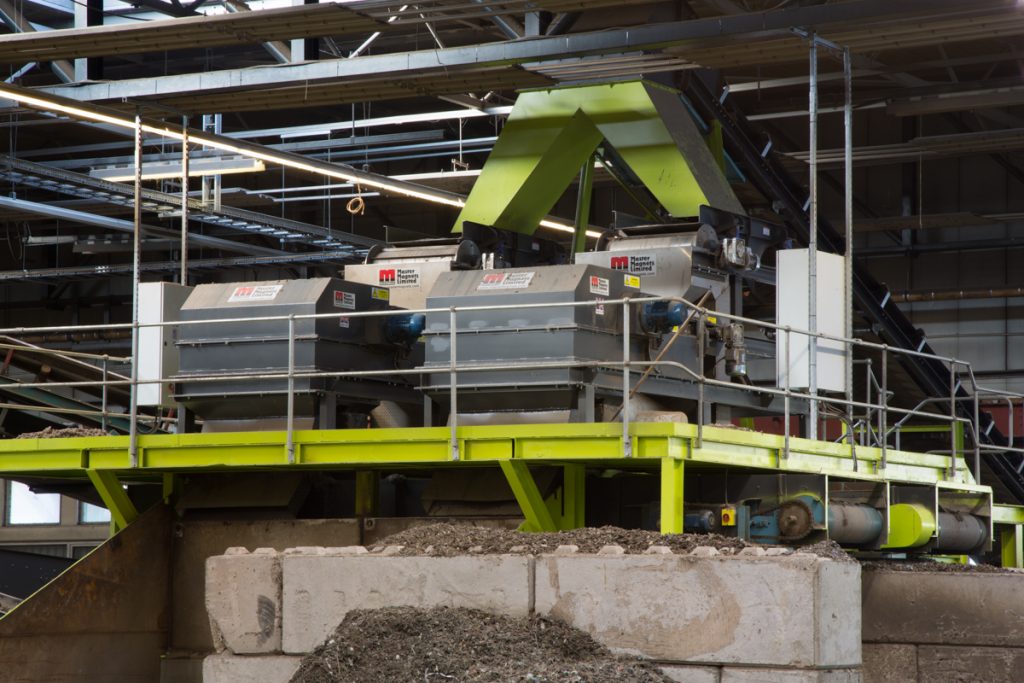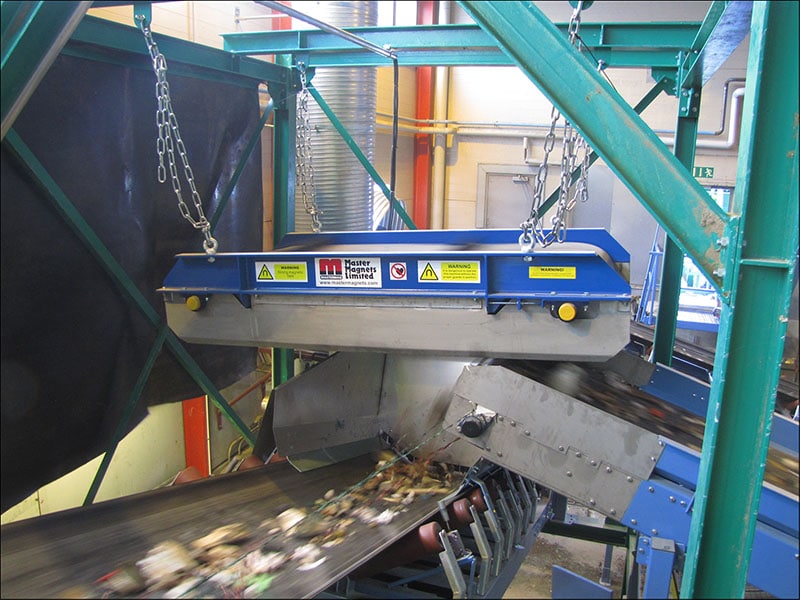Global Waste Challenge
By Paul Fears | 05 September 2019
The global waste problem has never been more acute. There is a continued drive towards a throw-away society, encouraging consumers to purchase newly manufactured goods. This creates unprecedented amounts of waste, much of which cannot be reused or recycled.

The issue of waste is now a headline story across the planet. Through television programmes and social media, people see the damage caused to the environment by poor waste management. Awareness continues to grow, as does the demand to take action. As the voice of the general public grows, politicians are starting to take notice.
Recycling Targets
To address the growing problem, many countries and regions set recycling targets. The European Commission has a ‘Circular Economy Action Plan’, with a revised legislative framework that entered into force in July 2018. This revised proposal outlines targets including:
- A common EU target for recycling 65% of municipal waste by 2035;
- A common EU target for recycling 70% of packaging waste by 2030;
- There are also recycling targets for specific packaging materials:
- Paper and cardboard: 85%
- Ferrous metals: 80% (ferrous metals are commonly recovered using Magnetic Separators such as Overband Magnets and Drum Magnets)
- Aluminium: 60% (aluminium beverage cans and other non-ferrous metals are commonly separated from non-metallic waste using Eddy Current Separators) – see article Technology Drives Aluminium Recycling Success
- Glass: 75%
- Plastic: 55%
- Wood: 30%
- A binding landfill target to reduce landfill to maximum of 10% of municipal waste by 2035;
- Separate collection obligations are strengthened and extended to hazardous household waste (by end 2022), bio-waste (by end 2023), textiles (by end 2025).
- Minimum requirements are established for extended producer responsibility schemes to improve their governance and cost efficiency.
- Prevention objectives are significantly reinforced, in particular, requiring Member States to take specific measures to tackle food waste and marine litter as a contribution to achieve EU commitments to the UN SDGs.

Taking Action
Despite the recycling targets rhetoric, many environmental experts question the ability or will to take necessary action. Reports highlight that, in some cases, data is manipulated to reflect a more positive recycling performance. This includes the exporting of waste to other countries.
Achieving the recycling targets requires significant investment. In June 2019, Viridor announced plans to open a £65 million plastic recycling plant in Avonmouth, near Bristol (Resource website). This will be the UK’s largest multi-polymer plastic recycling plant, powered by energy generated from its £252-million energy recovery facility currently under construction on the same site. This is expected to be the first of many large recycling plants.

Environmentalist and presenter Sir David Attenborough compared changing attitudes over the plastic to the abolition of slavery when speaking to the UK’s Business, Energy and Industry Strategy Committee (Telegraph July 2019). He stated claimed that 20 years of warnings about the issue had gone unheard.
With public pressure and a greater understanding of the growing global waste issue, changes are happening. The question is whether change is happening quickly enough.
For additional information on equipment used to recover aluminium and steel cans from pre-sorted waste or general refuse, please contact us on:
Email: press@buntingeurope.com
Telephone: +44 (0) 1527 65858
Follow us on social media




